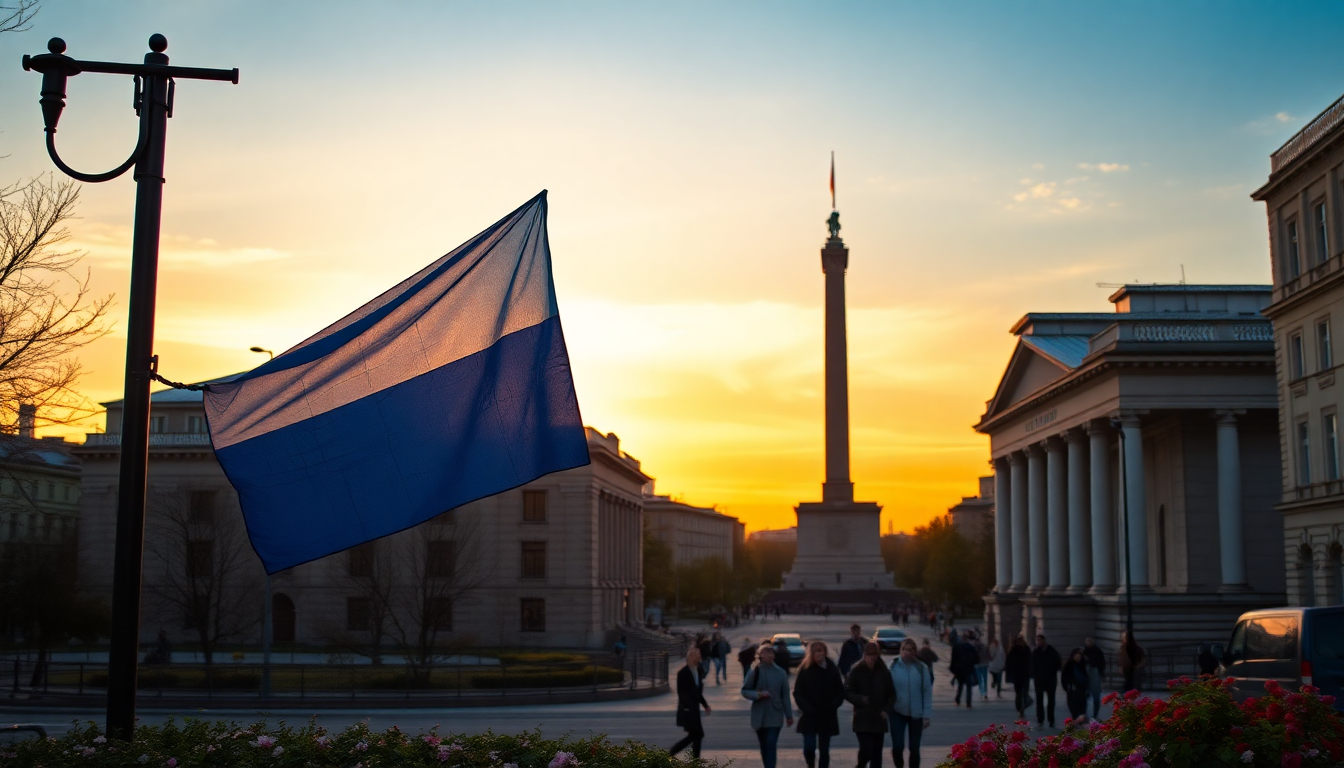Table of Contents
As the geopolitical landscape continues to shift, Ukraine has become the focal point of global discussions aimed at resolving its ongoing conflict with Russia. President Volodymyr Zelensky is clear: any peace agreements must include Ukraine and respect its sovereignty, especially regarding the territories seized since the invasion began three years ago.
His recent statements reflect a commitment to achieving a dignified peace that acknowledges the rights of Ukraine and the sacrifices made by its people.
Why Inclusion Matters in Peace Talks
Zelensky’s insistence on Ukraine’s role in any peace negotiations underscores a crucial principle in conflict resolution: real peace can’t exist without the involvement of those directly affected.
In a recent address, he emphasized, “Any decisions that are against us, any decisions that are without Ukraine, are at the same time decisions against peace.” This perspective highlights the complexities of achieving lasting peace, particularly in a situation marked by such a significant power imbalance.
When discussing the role of international partners in this peace process, Zelensky stresses that the Ukrainian people deserve a resolution that honors their dignity and sacrifices. He’s even expressed willingness to work with all stakeholders, including former President Trump, to carve out a path toward sustainable peace.
But it’s essential that this collaboration doesn’t come at the expense of Ukraine’s territorial integrity. The president has firmly rejected any idea of conceding land to Russia, reinforcing the notion that such compromises would only prolong the conflict and destabilize the region.
Challenges and Miscalculations in the Conflict
Zelensky’s comments also shed light on the miscalculations made by Russian President Vladimir Putin at the start of the invasion. By underestimating the resilience and determination of the Ukrainian people, Putin made a critical error that has significantly influenced the course of the conflict.
“Putin did not believe in our people and therefore made the hopeless decision to try and take Ukraine,” Zelensky remarked, bringing attention to the unwavering spirit of Ukrainians fighting to protect their homeland.
This aspect of the conflict is vital, revealing not just a military struggle but also the profound psychological and cultural dimensions at play. Ukrainians have received substantial international support, illustrating a broader acknowledgment of their plight and the injustices they face. As the conflict continues, this solidarity may prove crucial in shaping the future of both Ukraine and its relationships with global powers.
Looking Ahead: Charting the Course for Lasting Peace
As President Trump gears up for his anticipated meeting with Putin, the implications of these discussions remain uncertain. While the desire for peace is strong, the conditions under which it can be achieved are complex. Zelensky stands firm: any diplomatic efforts must prioritize Ukraine’s sovereignty and ensure that any peace established is resilient enough to withstand external pressures.
Ultimately, the road to peace will require a delicate balance of diplomacy, respect for national borders, and a commitment to tackling the root causes of the conflict. As Ukraine navigates these turbulent waters, its leaders must remain vigilant and assertive, ensuring that the sacrifices of their people are honored and that the quest for peace isn’t just a mask for further aggression.





